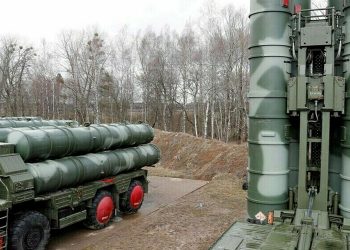BEIJING: Chinese Foreign Ministry’s spokesman said that power projects under China-Pakistan Economic Corridor (CPEC) will not incur debt burden on Pakistan since they are investment projects.
The spokesman Zhao Lijian was responded to a question that Pakistan had requested China to reschedule their debts to the tune of around $22 billion in power projects which China has funded. “We have responded to similar questions many occasions. I don’t know how you got your specific figure,” he questioned.
“I can say this with good authority that these energy projects are commercial investment where Chinese companies invested in Pakistan. They do not incur debt burdens on the Pakistani side because they are investment projects,” he said.
The spokesperson said that there were many power and energy cooperation projects for CPEC and added, “I think perhaps you are referring to loans on the energy projects.
Zhao Lijian informed that he had worked in Pakistan for many years and was very familiar with the energy projects and the CPEC. “These loans are from Chinese companies. The Pakistani government doesn’t need to pay back anything,” he added.
READ MORE Pakistan to seek debt relief from China on power project loans
The spokesperson remarked that the construction and operation of the energy projects under CPEC are going on very well, providing steady and affordable power, adding tax revenues, and producing tangible, economic and social benefits.
“We have every confidence that China-Pakistan energy cooperation will continue to make greater contribution to Pakistan’s national development and livelihood improvement,” he added.
According to official data, a total of 22 energy and power projects will be constructed under the CPEC. Nine energy and power projects have been completed so far boosting the energy needs of Pakistan.
These projects have contributed 5340 MW of electricity to the main grid, helping meet the country’s vital needs for industry, agriculture and domestic consumers.
Another eight energy projects are near completion and will pump in an additional 4470 MW of electricity to the national grid while five projects are in the planning and implementation phase.


































